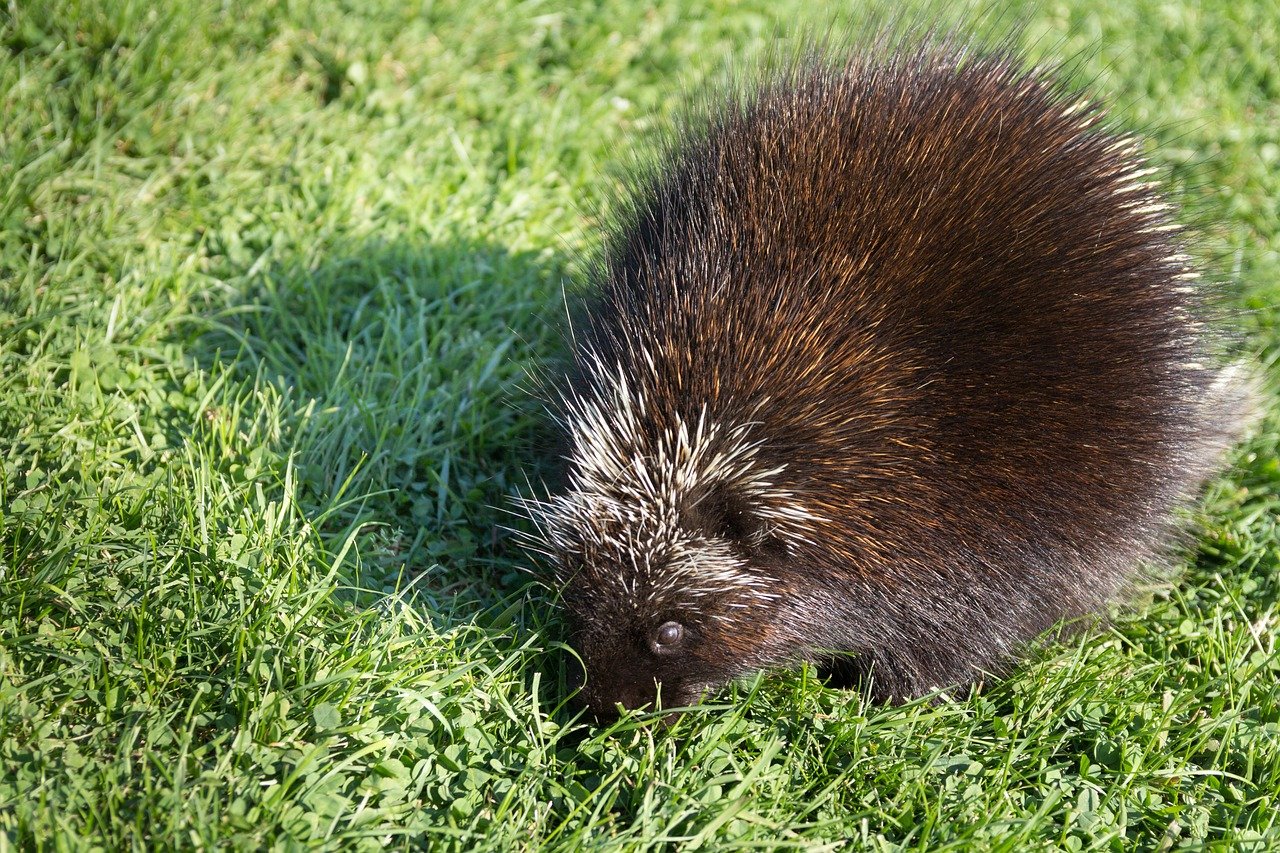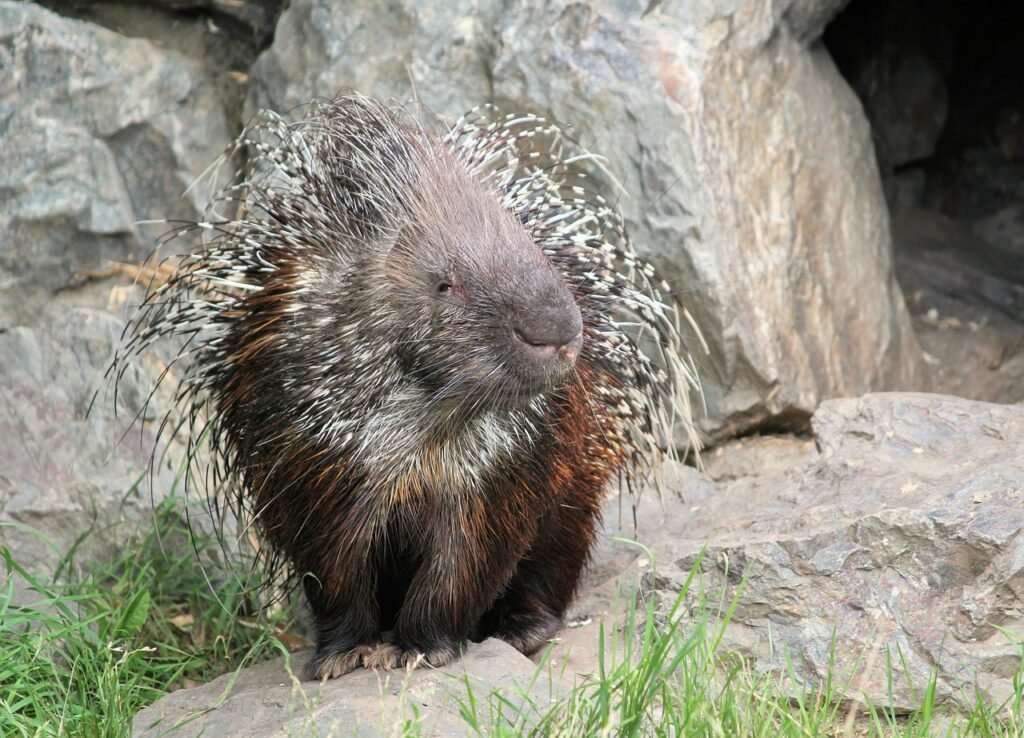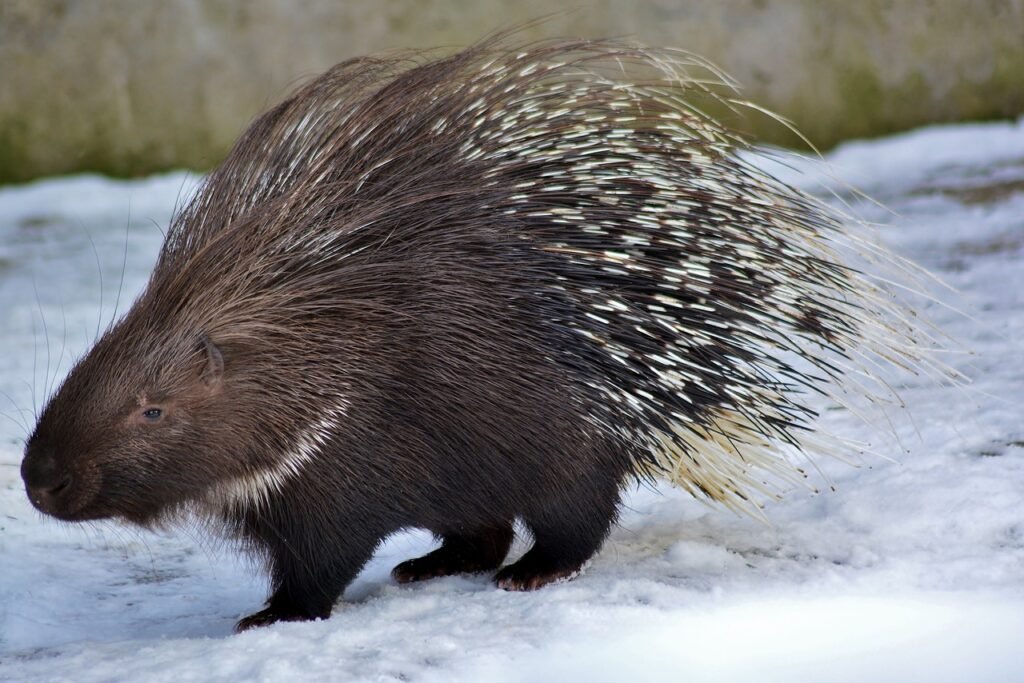Parasites can pose a threat to the health and well-being of porcupines, making parasite prevention and control crucial aspects of responsible care. These quilled companions, like other animals, can be susceptible to various parasites that may affect their overall health. In this guide, we’ll explore the importance of parasite prevention, common parasites in porcupines, and strategies for effective control.
The Importance of Parasite Prevention:
Parasites, such as internal worms and external pests, can significantly impact the health of porcupines. Prevention is key to avoiding potential health issues and ensuring your porcupine remains happy and thriving. Here are some reasons why parasite prevention is essential:
1. Health and Well-being:
- Parasite infestations can lead to a range of health issues, including weight loss, lethargy, and digestive problems. Preventing parasites contributes to overall well-being.
2. Comfort and Quality of Life:
- External parasites, such as mites and ticks, can cause discomfort and irritation. Prevention ensures a more comfortable and enjoyable life for your porcupine.
3. Preventing Transmission to Other Pets:
- Parasites can spread to other pets or animals in your household. By preventing parasites in your porcupine, you help protect the health of all your animal companions.
Common Parasites in Porcupines:
Understanding the parasites that can affect porcupines is crucial for effective prevention and control. Common parasites include:
1. Internal Worms:
- Types: Roundworms, hookworms, tapeworms.
- Transmission: Ingestion of contaminated food, water, or exposure to infected animals.
- Symptoms: Weight loss, diarrhea, lethargy.
2. External Pests:
- Types: Mites, ticks, fleas.
- Transmission: Contact with infested environments or animals.
- Symptoms: Scratching, fur loss, visible pests on the fur.
3. Protozoan Infections:
- Types: Coccidia, giardia.
- Transmission: Ingestion of contaminated food or water.
- Symptoms: Diarrhea, dehydration, lethargy.
Strategies for Parasite Prevention and Control:
Implementing effective parasite prevention measures is crucial for the well-being of your porcupine. Here are strategies for prevention and control:
1. Regular Veterinary Checkups:
- Schedule routine checkups with an exotic animal veterinarian to monitor your porcupine’s overall health and address any emerging parasite issues.
2. Hygiene and Cleanliness:
- Maintain a clean living environment for your porcupine, regularly cleaning their enclosure and removing feces promptly to reduce the risk of parasite transmission.
3. Balanced Diet:
- Provide a balanced and nutritious diet to support your porcupine’s immune system, making them more resistant to parasites.
4. Parasite Testing:
- Periodically test your porcupine for internal parasites, especially if they show any signs of infestation. This can guide targeted treatment if needed.
5. Environmental Management:
- Control environmental factors that may contribute to parasite infestations. This includes managing humidity levels and providing appropriate bedding.
6. Topical Treatments:
- Consult with your veterinarian about safe and effective topical treatments for external parasite prevention, such as mite and tick control.
7. Quarantine New Additions:
- If introducing a new porcupine to your household, quarantine them initially to prevent the potential spread of parasites to existing pets.
Conclusion:
Parasite prevention and control are essential components of responsible porcupine care. By understanding the common parasites, implementing preventive measures, and seeking veterinary guidance, you can ensure that your quilled companion enjoys a healthy and parasite-free life. Regular monitoring, proper hygiene practices, and a proactive approach to healthcare contribute to the overall well-being and longevity of your porcupine.



